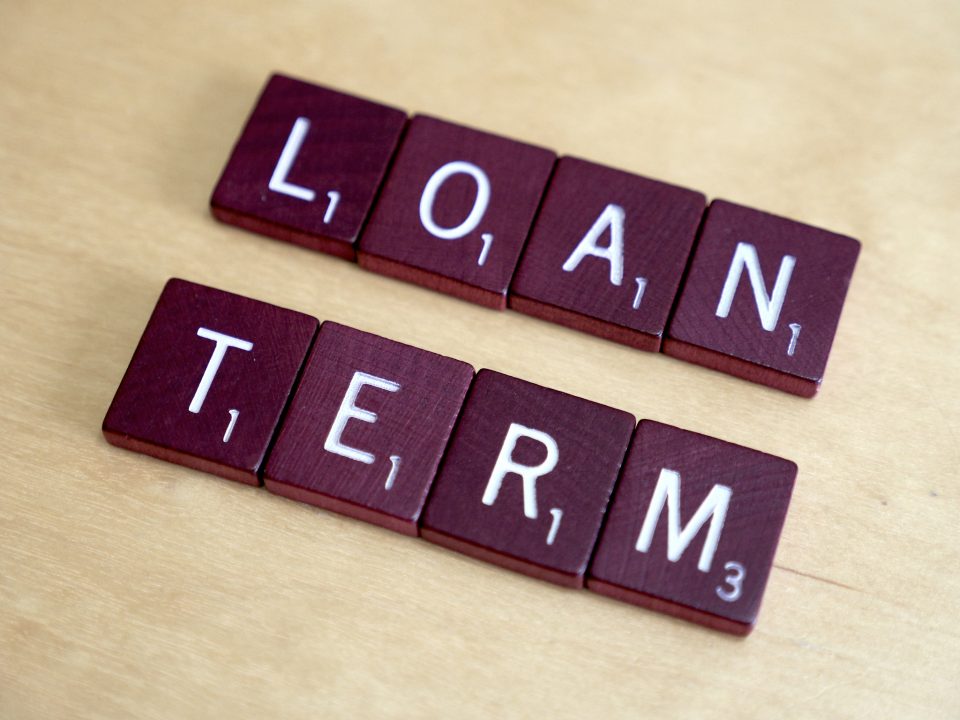KEY POINTS
- The Fed’s new approach to inflation could keep interest rates lower for longer.
- Credit cards, home equity lines of credit and personal loans will be directly affected by this policy shift.
In a significant policy pivot, the Federal Reserve said it will allow inflation to run “hotter than typical” to assist the economy get better from the coronavirus crisis.
That implies the Fed will be less likely to trek rates of interest, letting debtors gain from inexpensive cash for an extended time period.
“This kind of financial policy is among the ways they are attempting to encourage everybody to get money out the door,” said Laura Veldkamp, a teacher of finance and economics at Columbia University Service School.
“This is implied as a stimulus, as a way of getting people to invest more,” she said.
Although the federal funds rate, which is what banks charge one another for short-term loaning, is not the rate that customers pay, the Fed’s moves still affect the loaning and conserving rates they see every day.
“From a rate of interest perspective, this means lower for longer, and lower more frequently,” said Greg McBride, the primary financial expert for Bankrate.
For instance, a lot of charge cards feature a variable rate, which indicates there’s a direct connection to the Fed’s benchmark rate.

Given that the reserve bank decreased its benchmark rate to near absolutely no in March, credit card rates have hit a low of 16.03%, usually, according to Bankrate.com.
Other short-term loaning rates are even lower. The typical interest rate on individual loans is presently about 12.07% and house equity lines of credit are as low as 4.79%, according to Bankrate, both notably less than the APR on a charge card.
On the flip side, the Fed’s willingness to tolerate higher inflation indicates that longer-term loans will provide fewer chances for borrowers.
“Low inflation has helped suppress home loan rates,” said Tendayi Kapfidze, primary financial expert at LendingTree, an online loan marketplace. “If you let inflation go up, home mortgage rates will also go higher.”
McBride included that “inflation is kryptonite to bond financiers.” The Fed’s brand-new method will lead to periods where longer-term bonds are prone to big cost decreases, he said.
“With low inflation the Fed’s focus now, that’s an issue for another day– but an issue nonetheless.”

